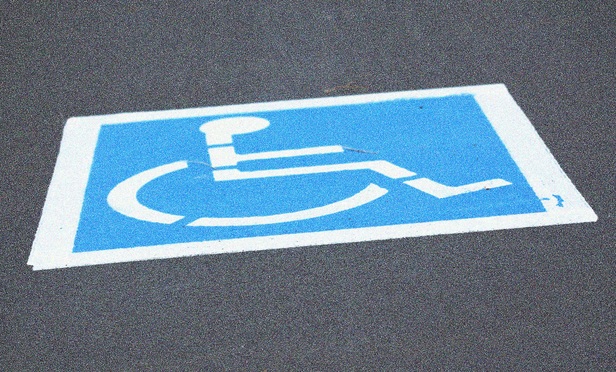Claims asserted under the Americans with Disabilities Act have been a frequent source of litigation for retail, hospitality and food service companies. Under the ADA, companies that offer products or services to the public are required, at their physical locations, to comply with a series of specific architectural requirements that are designed to ensure equal access to these locations by persons with disabilities. When a company’s facility is not constructed in accordance with these standards, they can be sued under the ADA and may be forced to modify their property.
While these claims often are frustrating for companies that normally use their best efforts to make their properties accessible and may perceive these alleged violations as being hyper- technical in nature, fortunately it often is clear what standard a particular physical element needs to meet. For instance, if an accessible sales counter must be no more than a certain number of inches high, it is usually clear based on a simple measurement whether the counter is compliant.
This content has been archived. It is available through our partners, LexisNexis® and Bloomberg Law.
To view this content, please continue to their sites.
Not a Lexis Subscriber?
Subscribe Now
Not a Bloomberg Law Subscriber?
Subscribe Now
LexisNexis® and Bloomberg Law are third party online distributors of the broad collection of current and archived versions of ALM's legal news publications. LexisNexis® and Bloomberg Law customers are able to access and use ALM's content, including content from the National Law Journal, The American Lawyer, Legaltech News, The New York Law Journal, and Corporate Counsel, as well as other sources of legal information.
For questions call 1-877-256-2472 or contact us at [email protected]






